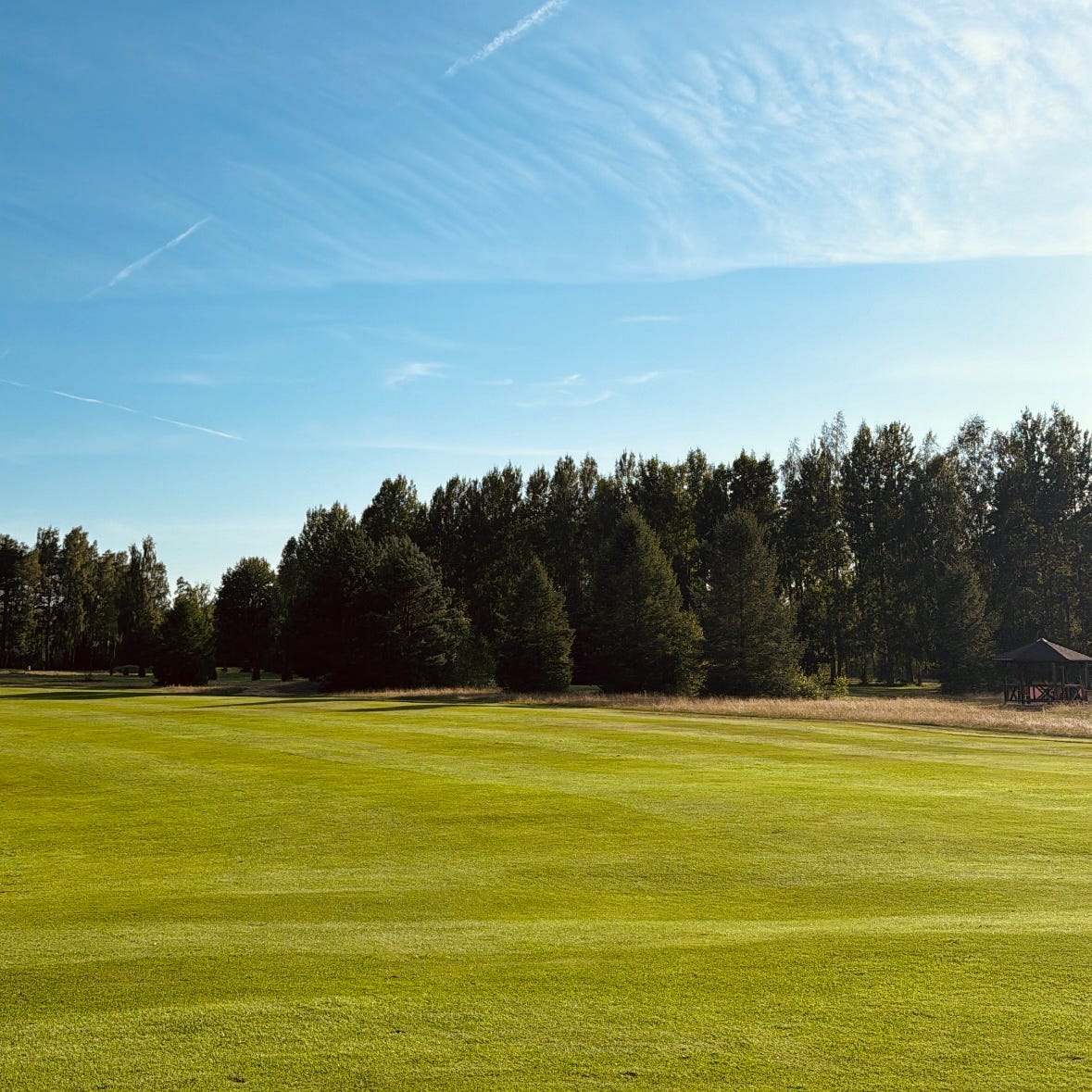Golf is a strange game. I know of many that play it, and equally as many that want nothing to do with it. Perhaps that’s why it possesses something larger than itself. And that’s something worth thinking about.
In certain places, the game connotes certain beliefs: wealth, privilege, and exclusion. For many clubs, this is a truth not intended to emerge from behind closed doors. But like anything with deeply-rooted traditions, it’s not exactly a surprise.
Similar to the likes of hunting, and its adjacent wing-shooting, golf became a pastime for the upper echelons of society—environments where leisurely acts could be embraced. Of course, we know that hunting was a necessity at one time in our history; to say the same is true now would probably cause a stir. Yet, this movement from a need to a pastime occurred somewhere around the Middle Ages—conveniently the same timeframe as golf’s widely accepted origin and the emergence of the idea of leisure itself.
A good student would probably tell you that the word leisure first appeared in the dreaded Oxford English Dictionary during this period, but that’s besides the point. What matters, though, is that there was an intersection of all these things; the idea of abandoning life’s commotion—for a moment—to do something worth enjoying.
In this light, the idea is captivating. But ultimately, we’re aware of who got to enjoy these things, and clearly why they were afforded the opportunity. To some, that’s enough to say the hell with it, even to this day. It would be foolish to not understand that, and too, to cast a blind eye to the small remnants of those very things today.
But for me—golf, hunting, whatever—is beyond those horizons. Now, people strive to make golf more approachable, actively welcoming how challenging perceptions can be. That’s a difficult task. Sometimes it’s hard to believe whether these ambitions, ones different from attaining high profile memberships, are working.
Last week I walked the fairways of Latvia, something that I had never expected to do. And I was reminded of how that can mean so much.
Golf is oppositional, like far too many things today. At its core, the game shouldn’t be that way. I’m lucky to have seen it from both sides; I’m grateful that it doesn’t have to be one or the other. I have played the game in some wonderful spaces, and also on courses where mere dirt and mulch were more plentiful than the green grass above. I’ve been dwarfed by colonial-style clubhouses, and yet greeted by a drop box rather than a pro shop.
To me, these differences are inconsequential—while stark at times, they are all apart of the unchanging game.
It would be a tough ask to convince you of my love for the rundown, shabby courses of the world; and hard even for myself when I walk into a locker room with vaulted ceilings and carpet the perfect shade of green. What remains, despite the absence or presence of luxury, is the feeling that a game like golf provides.
Though I played collegiate golf—granting my teammates and I access to superb facilities—I always felt that the most enjoyment we had was where we had the least.
Playing the worst courses for fun meant there was always some anticipation of how bad the conditions would be, and that oddly resonated with why I played golf in the first place. I learned how to play on a 9-hole course. Courses like that aren’t what kids dream of, but I cherish each one I have the pleasure to see.
It goes without saying that golf isn’t exactly popular in Eastern Europe. The climate alone lends its difficulties, but a history of occupation complicates the matter even further. That’s why golf is fairly new to Latvia, and I had assumed it would’ve been foolish to bring my clubs, or anything else.
In some turn of events, a few of my friends wanted to to try their hand at golf and we found ourselves in the forest—not to mention farther from the city than we had thought. Without a car, we arrived at the course after a slew of dirt roads that our taxi driver likely hated.
In the early evening light, we saw that the clubhouse was closed. Instead, though, was a small trailer—from there we paid and later embarked on 9 holes of golf, intertwined with the pine trees and the fescue.
I’m not sure if I will play golf again while I am here, which can be a good thing. It’s easy to try to endlessly collect memories, especially in different places. That idea becomes larger as we become motivated to do the best things, as often is the case with something like golf.
Maybe some think that 9-hole courses are too modest. Personally, it brings me back to where it all started, and that’s becoming more important everyday.









Humble beginnings ❤️
" The Heart that never waits" by Joe Bonamassa __ good blues